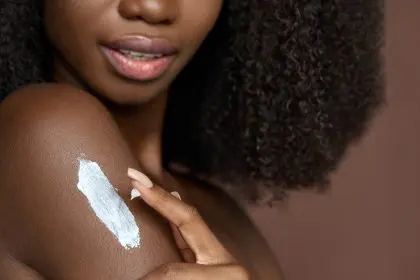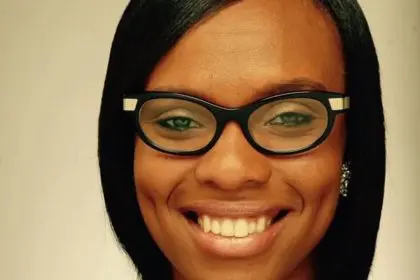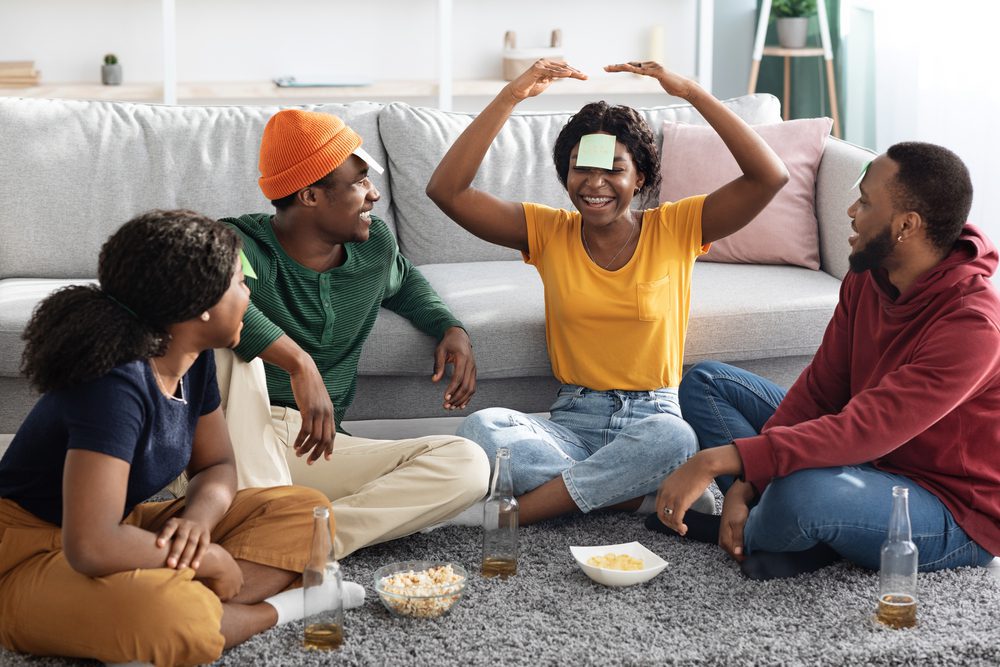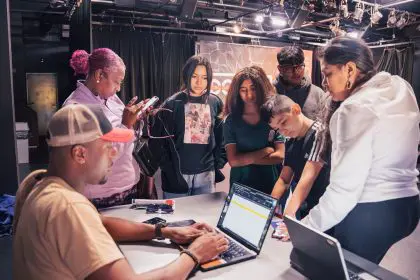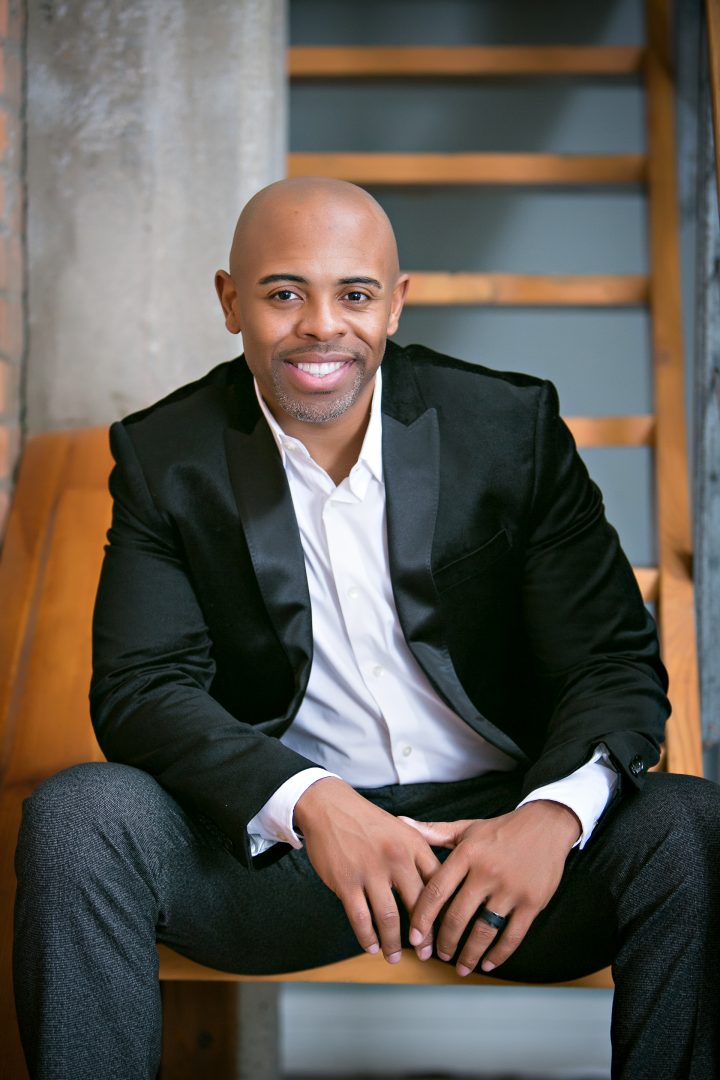
Any conversation concerning pursuing your purpose is a conversation that author and speaker Dr. Joe Johnson can engage in. With two books under his belt and decades of counseling and speaking experience, Johnson has mastered his purpose, which is to help others discover and pursue their own. Discussing key topics such as pursuing purpose over dreams, dealing with transitions, and navigating relationships, he’s crafted a message that appeals to everyone from kindergarteners to senior citizens; and placed them in his books Purpose Your Purpose Not Your Dreams: It Starts with You and The College Kids.
The brother of “Love & Hip Hop” star Shay Johnson, Johnson’s interest in counseling came from the impact that his own counselor left on him. With a PH.D. in counselor education from the University of Florida, he’s developed a coaching style that helps individuals and organizations on every level; through his organization, the Joe Johnson Group.
Why did you decide to go into counseling?
Seeing a lot of people that you grow up with have the potential but don’t have the right people in their lives to do so. The immediate impact that my counselor had on me. He was a former athlete and then he went on to do great things. That was my trajectory to give back because I didn’t make it into the NFL. I figured that counseling would be my best way to give back. To help people who have potential and help them maximize their potential
What is the overall message that you want young people to walk away with?
The number one message is always going to be to pursue your purpose and not your dreams. I think we’ve been conditioned to pursue dreams, follow dreams, and dream big. There are a lot of people chasing dreams that have nothing to do with their purpose. Every blue moon your purpose and your dreams align but that doesn’t happen very often. I need them to understand that we need to begin to talk more and focus more on our purpose.
Being that you mentor a lot of Black men, what are some of the things that you find these young guys need help with the most?
I think that when you look at the history of Black men, we’ve been conditioned to believe that we are less than. We’ve been conditioned to believe that we’re only gangbangers or we sell dope. You know all of this nonsense and you have to shift the mindset in Black men, especially right now because of what’s going on with law enforcement. And just with what’s going on with the narrative of Black men, this is our time to shine and show ourselves. Not to prove to the world, but show ourselves that we have the capability.
We know that you do a lot of speaking engagements around the country, but what are some of the other programs and services that your offer?
I’ve been blessed to not only speak to K-12 but also at colleges, in corporate America, and to entrepreneurs. I do a lot in goal setting. I do a lot on relationships, and when I say relationship I don’t mean romantic. I mean relationships with yourself, relationships with friends, relationships with clients, and within whatever organizations that your work in.
I also do a lot on transitioning. There’s always a transition in our lives as individuals, whether you’re going from high school to college, college to career, or a career change. I also do a lot of transitions with corporate organizations. Whenever you have someone coming in or restructuring within the organization, that’s a transition. You also have people getting fired or leaving, that another transition. The baseline of everything is making sure you thinking about your purpose with your individual self and the organization.
Within the African American community, there’s a lack of conversation and information concerning mental health. What are some of the steps that you advise others to take in regard to maintaining their mental health?
One of the things that I share with people is the different strengths to be able to ask for help. Even if you don’t know something or if you don’t have the answer to a question, ask for help. If you feel like there’s something going on physically with your body, go ask for help and go to your doctor. If you feel like there’s something wrong with you mentally or your just depressed, ask for help.
Sometimes we’re around people who don’t believe in mental health yet, until it hits them or someone close to them. That’s why I say positioning, we have to make sure that we’re around certain people who can say, “Hey, you might want to do this because that could be a mental health issue.” I didn’t believe in counseling until I got into the profession. I’ve seen the power of what it means to sit with someone who can walk you through a process to make sure that your mental health is taken care of. It’s very important for us to understand that mental health is real and it’s hitting us very hard nowadays.
You’ve had a great career for over 20 years, what are some of the some of the new programs or initiatives that you are focusing on or plan on rolling out in the future?
Research says that about 52 percent of Americans hate what they do every single day. Another one says about 71 percent are disengaged at work. That tells me that people are in the wrong profession. The biggest thing that I’m interested in doing is making sure that my message is heard, whether on television, radio, publications, no matter what it is that’s the move. Also, there’s a lot of people out there who want to be speakers and I try to let them know that this is an art form. Everyone can’t do it. Everyone can’t educate, entertain, inspire, and motivate at the same time.



